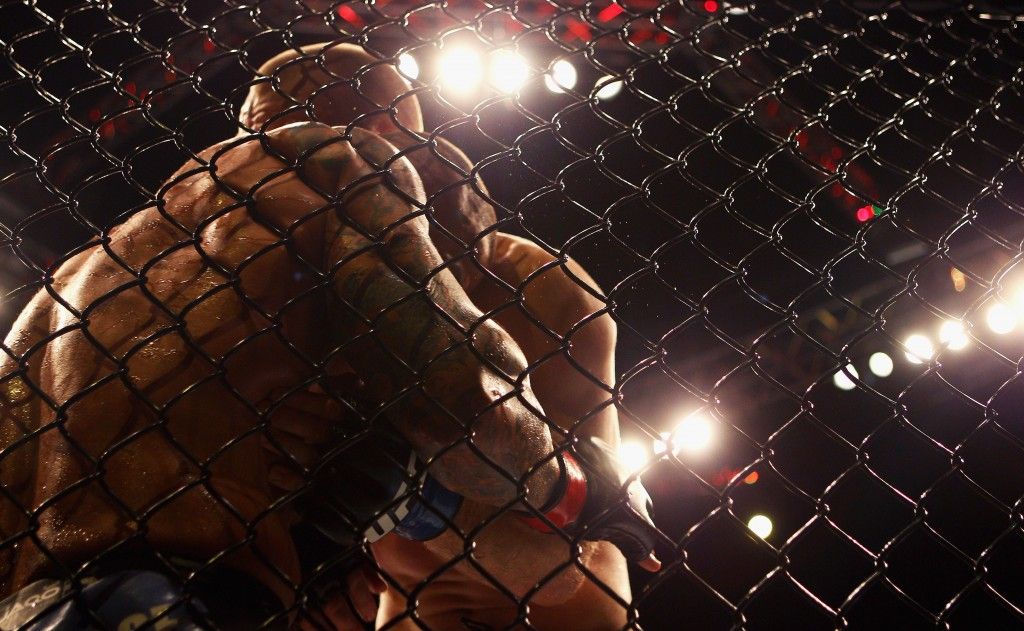

Share
15th April 2016
05:07pm BST

 The past few days have been dark ones in the Irish MMA community and, on Friday, the International MMA Federation released a statement calling for governments the world over to follow the example of the U.S.A. and Sweden by having mixed martial arts legally regulated.
The past few days have been dark ones in the Irish MMA community and, on Friday, the International MMA Federation released a statement calling for governments the world over to follow the example of the U.S.A. and Sweden by having mixed martial arts legally regulated.
"In the wake of this tragic and isolated event, IMMAF urges governments to support national MMA organisations, such as the Irish Amateur Pankration Association, and make a sincere commitment to putting structures in place that create a consistent and safe environment for all. IMMAF calls for MMA competitions to be regulated by law as they are in countries such as the United States and in Sweden, so that best practice can be enforced."
 Fatalities in MMA are rare but Carvalho's passing away has left many worried about the potential for something similar to happen in scenarios where official regulation is not in place as medical standards in unregulated regions are left to promoters to dictate.
The statement continues: "We call for formal recognition, regulation and grassroots support at national and international levels, not only to harness the positive potential of the sport but to vitally mitigate risk for its participants. Joao’s tragic passing presents a call to action."
The statement concludes with a reference to the numerous inaccuracies reported by members of the media who have published articles crying out for MMA to be banned for various reasons that are based on antiquated beliefs that the sport is lawless and akin to the no holds barred days of the early 1990s.
"It is accepted, by MMA competitors, organisations , fans and practitioners alike, that some people remain uneducated about the sport and carry outdated views and inaccurate preconceptions. However, this should not impact the understanding of a need to regulate the sport."
Fatalities in MMA are rare but Carvalho's passing away has left many worried about the potential for something similar to happen in scenarios where official regulation is not in place as medical standards in unregulated regions are left to promoters to dictate.
The statement continues: "We call for formal recognition, regulation and grassroots support at national and international levels, not only to harness the positive potential of the sport but to vitally mitigate risk for its participants. Joao’s tragic passing presents a call to action."
The statement concludes with a reference to the numerous inaccuracies reported by members of the media who have published articles crying out for MMA to be banned for various reasons that are based on antiquated beliefs that the sport is lawless and akin to the no holds barred days of the early 1990s.
"It is accepted, by MMA competitors, organisations , fans and practitioners alike, that some people remain uneducated about the sport and carry outdated views and inaccurate preconceptions. However, this should not impact the understanding of a need to regulate the sport."Explore more on these topics: